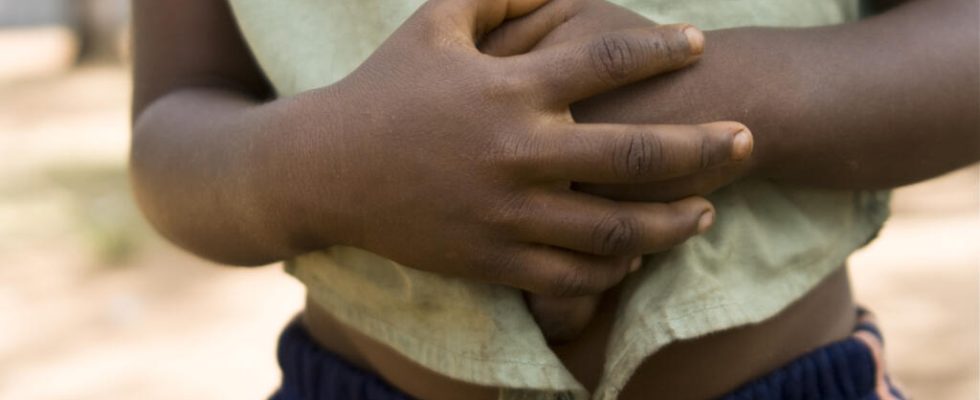This is the conclusion of the latest investigation carried out by around ten UN agencies and non-governmental organizations in seventeen countries. Eating will represent a real challenge for more than 50 million people during the lean season next summer.
4 mins
Carried out in coordination with governments and ECOWAS, this survey includes the SenegalTHE Burkina FasoTHE MaliNiger, but also Cameroon and Nigeria.
In this vast area, 52 million people will have difficulty feeding themselves during the lean season, that is to say in the interval between two harvests which extends from June to August. This represents 4 million more people compared to the same period last year.
In detail, 12% of the population, or one in ten people, will have difficulty accessing safe and nutritious food in West and Central Africa during this period, according to projections made by around ten organizations including Unicef and Oxfam.
Read alsoFAO report: Africa is bearing the brunt of rising global hunger
In Nigeria, this food insecurity could affect 16% of the population, or 30 million people. In Chad and Sierra Leone, up to 20% of the population could be affected.
In the Ménaka region, in northern Mali, several thousand people are at risk of suffering from a “ catastrophic hunger » according to the survey, which corresponds to the most serious level of food insecurity.
Except in Guinea, Benin, Ghana and Ivory Coast, food insecurity will worsen in all the countries studied in the coming months.
In the space of five years, the number of people experiencing food insecurity has quadrupled in West and Central Africa, points out the World Food Program.
Children under 5 years old are the first victims. Nearly 17 million of them suffer from acute malnutrition, an unprecedented figure.
Read alsoFood security in Africa, an achievable goal?
■ Conflicts and global warming, roots of the food crisis
Several factors can explain this worsening of food insecurity. Armed conflicts hamper agricultural activities while climate change affects yields. Sadou Soumana is a technical advisor on food security and livelihoods at the International Rescue Committee, an American NGO which participated in the latest investigation. Interview.
RFI: Why are conflicts a factor in destabilizing the food sector for populations?
Sadou Soumana: When conflicts occur, it destroys lives but also destroys means of subsistence and causes millions of people to be displaced. It is mainly the agro-pastoralists who leave everything behind. They are first called upon to depend on aid, including food. In addition, the fields are no longer exploited, which directly affects the level of agricultural production. We also know that the herds are decimated. So it directly affects the main livelihoods of breeders. This is why conflicts play a determining role in food insecurity.
The survey in which your NGO participated also points to the responsibility of climate change in the worsening of this food insecurity, with prolonged periods of drought and floods…
In West Africa, food security and livelihoods have traditionally been based on rain-fed agriculture. In all Sahel countries, 80% of households depend mainly on rainfed food. Climate change, through the increase in certain frequencies of shocks, such as droughts, floods or crop pests, constitutes one of the accelerators of the degradation of ecosystems, including agricultural operations. So, through these different effects of climate change, there are cereal deficits that are observed at the area level each year. Climate change and drought are also accelerating soil poverty, which affects the level of yields in the area.
Faced with this crisis, where is the funding for the humanitarian response today?
This is a fundamental aspect. What we found is that the humanitarian response plan is chronically underfunded. Currently, 10% of the plan is financed at the Central African level. 90% remains to be financed. The year is not over yet, but progress is extremely slow. Hence the need for more collective, more significant action to address the issue of food and nutritional insecurity, with sustained funding, in collaboration with the States concerned and especially local stakeholders.
► Also read: Food insecurity in West Africa requires a climate-adapted response in a context of crises
